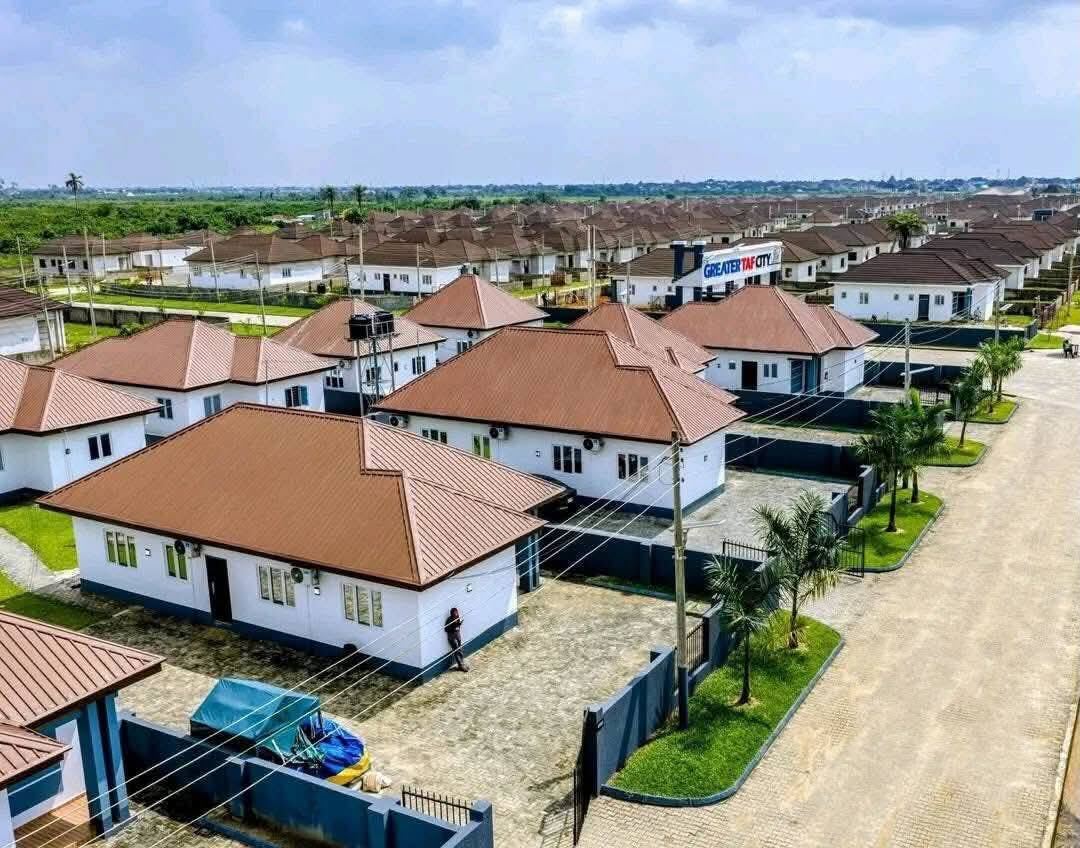
.Gets $21.4m new allocation in GEF-8 replenishment
In 11 years, the Federal Government has accessed $65,442,940 from the Global Environment Facility (GEF) for projects and programmes towards the preservation, protection and promotion of environmentally sustainable development in the country
The grant was meant for projects, which were implemented between 2014 and now in the public, private and Non-Government Organisations (NGO) sectors. In the last 12 months, seven projects totaling over $29 million were also implemented that cut across biodiversity conservation and sustainable land use, promoting clean technologies, provision of mini-grids and mercury-free gold mining.
Under the GEF-8, the facility has also allocated $21.4 million to Nigeria, which covers the country’s portfolio related to biodiversity, climate change mitigation and land degradation. Additionally, resources are available from non-STAR resources such as chemicals and wastes and international waters.
The Minister of State for Environment, Dr Iziaq Salako, who disclosed this at a National Dialogue, organised by the Federal Ministry of Environment in collaboration with GEF in Abuja, said: “These projects are helping to improve life, creating jobs, promoting green spaces, enhancing skill development, and promoting entrepreneurship.”
He assured GEF officials that Nigeria will continue to partner with the organisation. “As we navigate through a rapidly changing world, faced by the triple planetary crisis and other environmental threats, Nigeria will continue to partner with GEF to address these challenges and deliver on her environmental commitments.”
GEF over the past three decades has been at the forefront of international efforts to address challenges of climate change, biodiversity loss and pollution through funding of projects and programmes, driving ambitious climate action, and promoting stronger collaboration and transparency, thus positively impacting our planet’s health and sustainability. This partnership involves 186 countries, including Nigeria.
According to Salako, the national dialogue served as a feedback platform for inclusivity in setting environmental priorities, mobilising funding, assessing impact and promoting stewardship in the drive of member countries to achieve sustainable development.
He said the dialogue would foster coordination among stakeholders to create synergies in environmental projects and maximise impact. The Federal Ministry of Environment as the National Focal Point will continue to play its crucial role in facilitating such multi-stakeholder consultations to ensure the effective implementation of GEF-funded projects in the spirit of environmental multilateralism.
Salako urged participants to seek solutions that are inclusive, equitable, resilient, adaptable and scalable, recognising the diverse perspectives and needs of all stakeholders involved. “We are not merely stakeholders in this process; we are stewards of our planet’s future. Our actions will reverberate for generations to come. Therefore, we must approach these discussions with a sense of urgency, collaboration, and innovation working towards a sustainable, prosperous, and harmonious future for all,” he added.
GEF Regional Coordinator for Africa, Programmes Unit, Ibrahima Sow, explained that the dialogue is meant to create an opportunity to interact with a large group of national stakeholders and partners on the GEF eighth cycle.
He stressed that the implementation of GEF-8 programmes will address the major drivers of global and regional environmental degradation, tackle the most urgent and pressing issues or problems that may become too costly to resolve, leverage and strengthen the synergies of the intervention areas for a greater and sustainable impact, as well as engage the private sector to improve the mobilisation of financial resources and strengthen the catalytic role of the GEF.
While congratulating Nigeria for promoting the GEF integrated approach through its participation in three IPs: food systems, Net Zero Nature Positive Accelerator, and Circular Solutions to Plastic Pollutions Council, Sow explained that the new Global Biodiversity Framework Fund (GBFF) and the BBNJ agreement and its provisions are relevant to the GEF, adding that the funds and agreement provide more opportunities to GEF recipient countries.
He stated that the GEF-8 is characterised by a strong replenishment reaching $5.3 billion despite an unfavourable international situation. “This demonstrates the trust that donors place in the GEF and their commitment to the focal area strategies and impact programmes developed by the GEF secretariat during the replenishment period,” he said.
Speaking on GEF focal areas and cross-cutting strategies, Prof Emmanuel Oladipo of the Department of Geography, University of Lagos, said GEF investments act as catalysts and enable multiple entry points for private sector companies to contribute to tackling the drivers of environmental degradation, adding that unlocking increased investment from the private sector through blended finance allows for innovative financial structure in key environmental markets.
He also stated that GEF investments pay special attention to the role of gender equality in the delivery of environmental outcomes.






